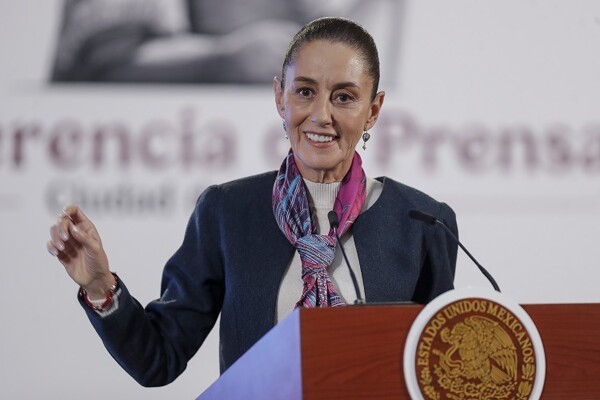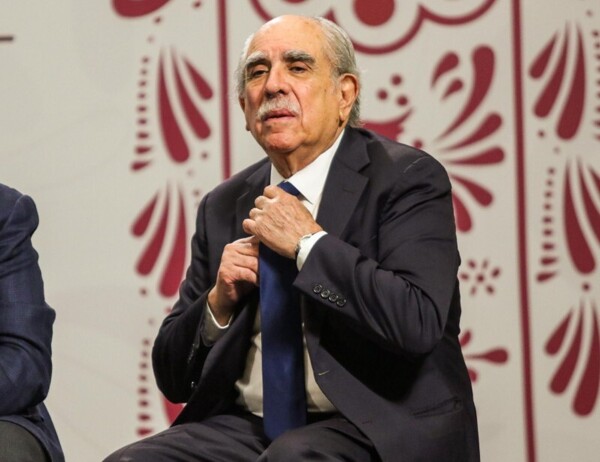
The Digital Transformation and Telecommunications Agency (ATDT) contemplates that companies interested in using radio spectrum to offer private satellite services could pay up to 5% of their revenue for this resource, according to the draft of the new Federal Telecommunications and Broadcasting Law (LFTyR) obtained by El Financiero. This measure could represent a barrier to entry for a service that has the potential to close the digital divide in various regions.
Jorge Bravo, president of the Mexican Association for the Right to Information (Amedi), believes that this additional tax would be counterproductive, as it would hinder the deployment of satellite technology to close the digital divide where access to fiber optics is challenging. He stated that taxing satellite internet and telecommunications operators might not contribute to reducing the digital divide but rather serve as an excuse to increase government revenue.
In recent years, the satellite internet industry in Mexico has experienced significant growth. Companies like Hughesnet, Starlink, Viasat, Globalsat, and AXESS have expanded their presence in the country, providing connectivity in areas where fiber optics does not reach. Between 2018 and 2023, the sector achieved a notable increase in its sales, rising from 20 million to 1.288 billion pesos, according to figures from the Federal Telecommunications Institute.
Private satellite companies have been key in ensuring connectivity services in remote areas, collaborating with CFE Telecommunications and Internet for All (CFE-TEIT). Starlink, in particular, has signed million-dollar contracts with CFE-TEIT, establishing itself as a relevant player in the market. Stargroup, a strategic partner of HughesNet, has deployed thousands of WiFi access points in remote areas, thus contributing to reducing the digital divide.
In contrast, the government of Claudia Sheinbaum seeks to decrease dependence on foreign satellite companies by integrating a Mexican satellite into the connectivity system. However, the financing of this project is proposed through private contributions. Jorge Bravo warns that imposing additional taxes on companies that already offer satellite internet services could discourage investment and goes against the goals of closing the digital divide.
Bravo urges the government to consider alternatives to support the launch of a national satellite, suggesting that a favorable environment for investments be created and a connectivity policy be promoted that views the satellite industry as an ally in reducing the digital divide, rather than a sector subject to higher tax burdens.














